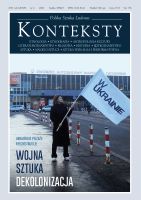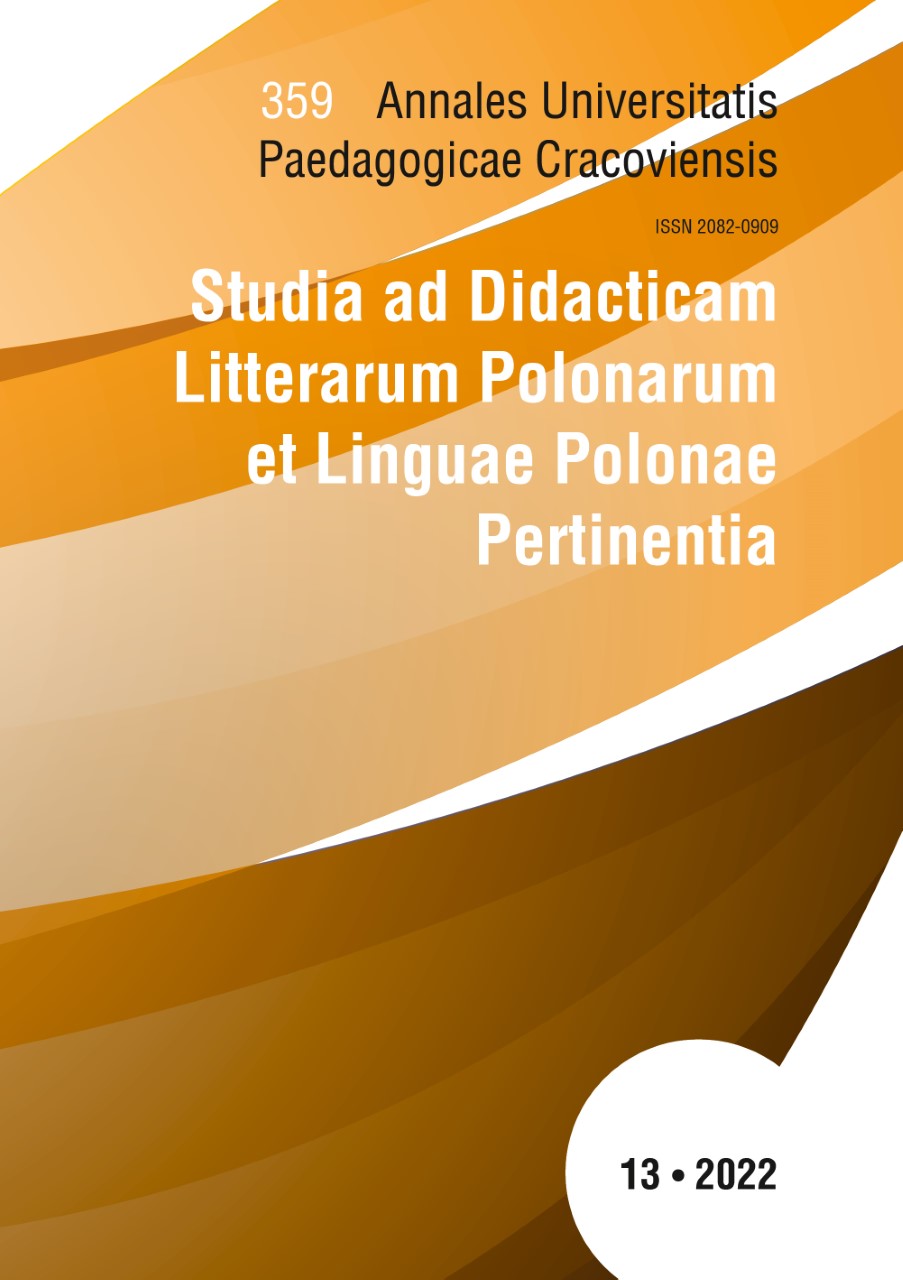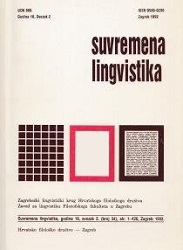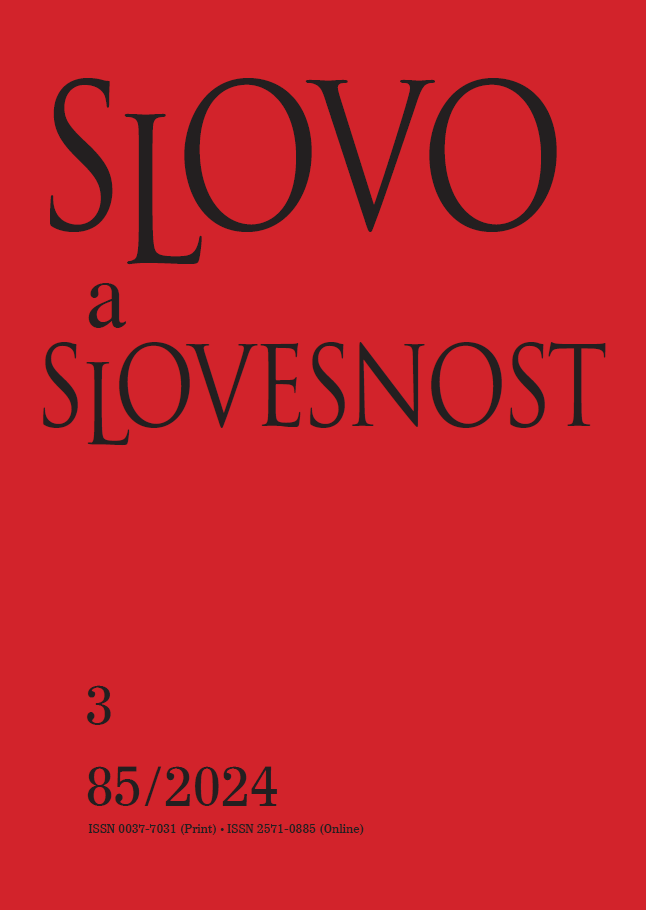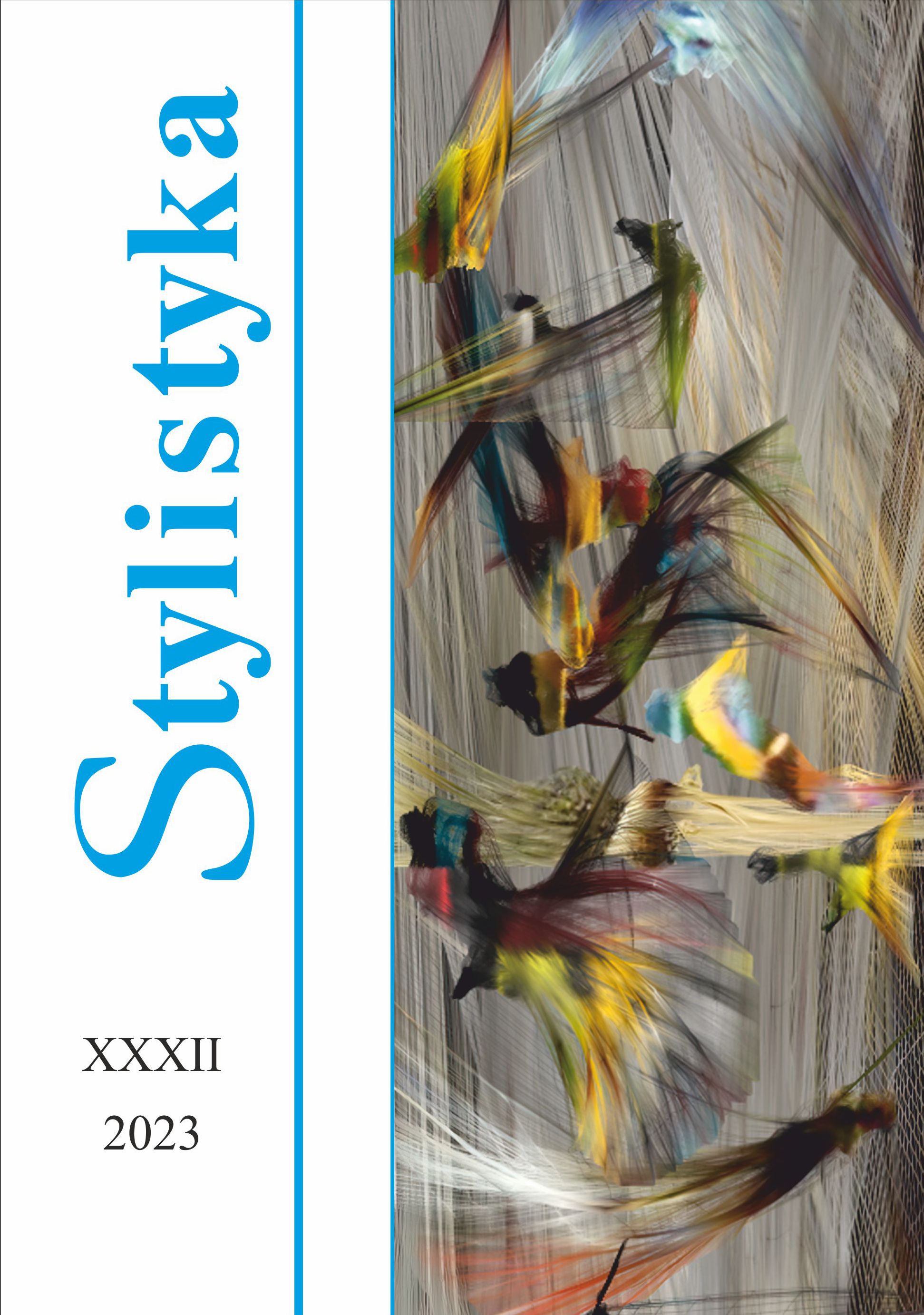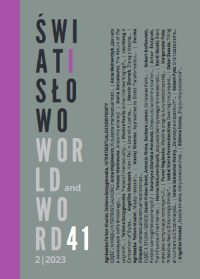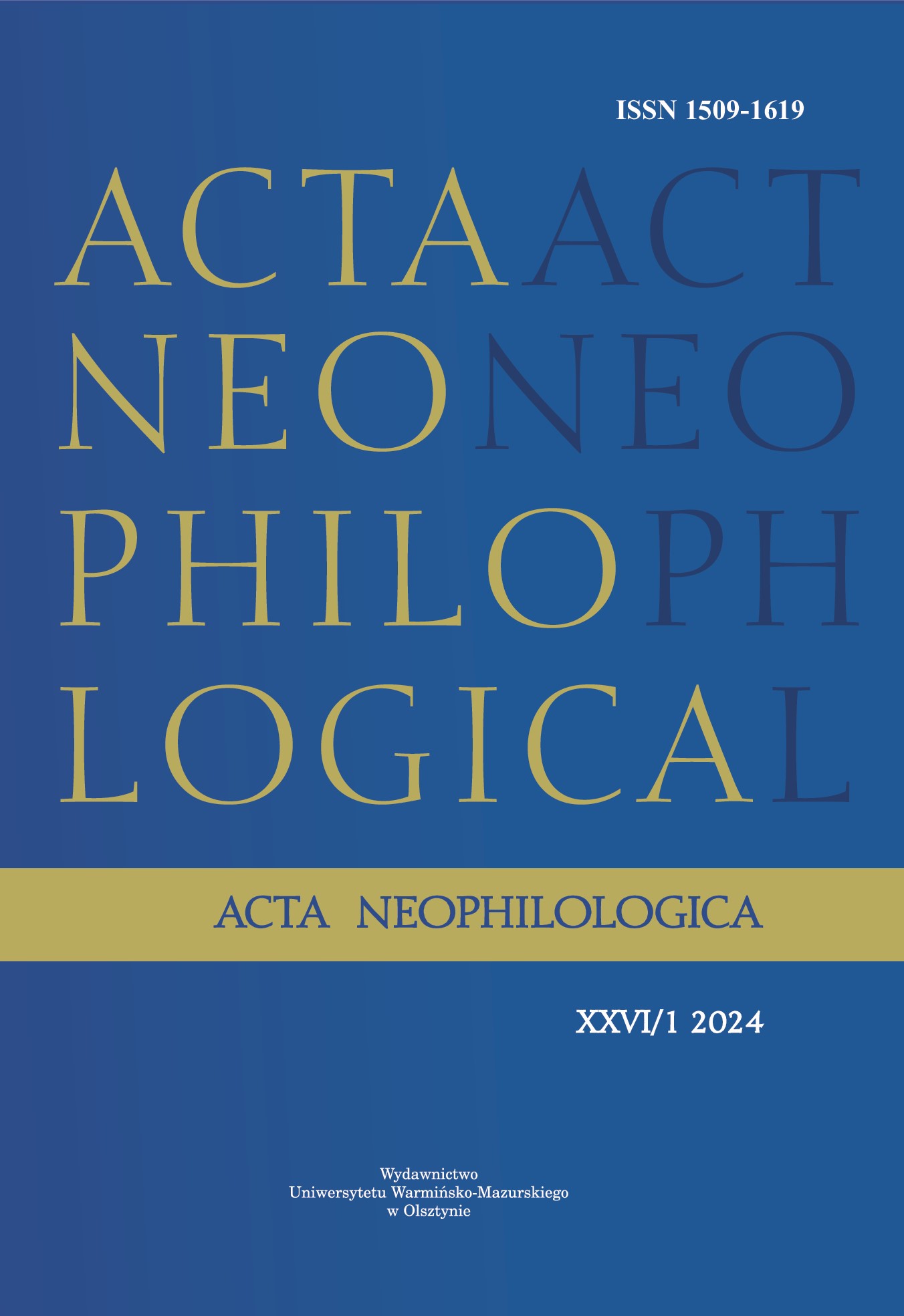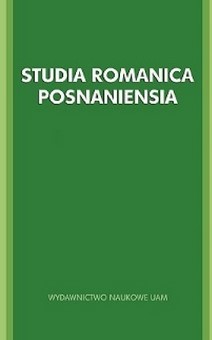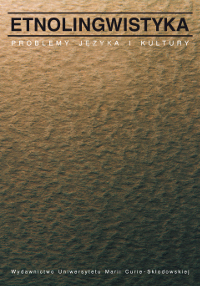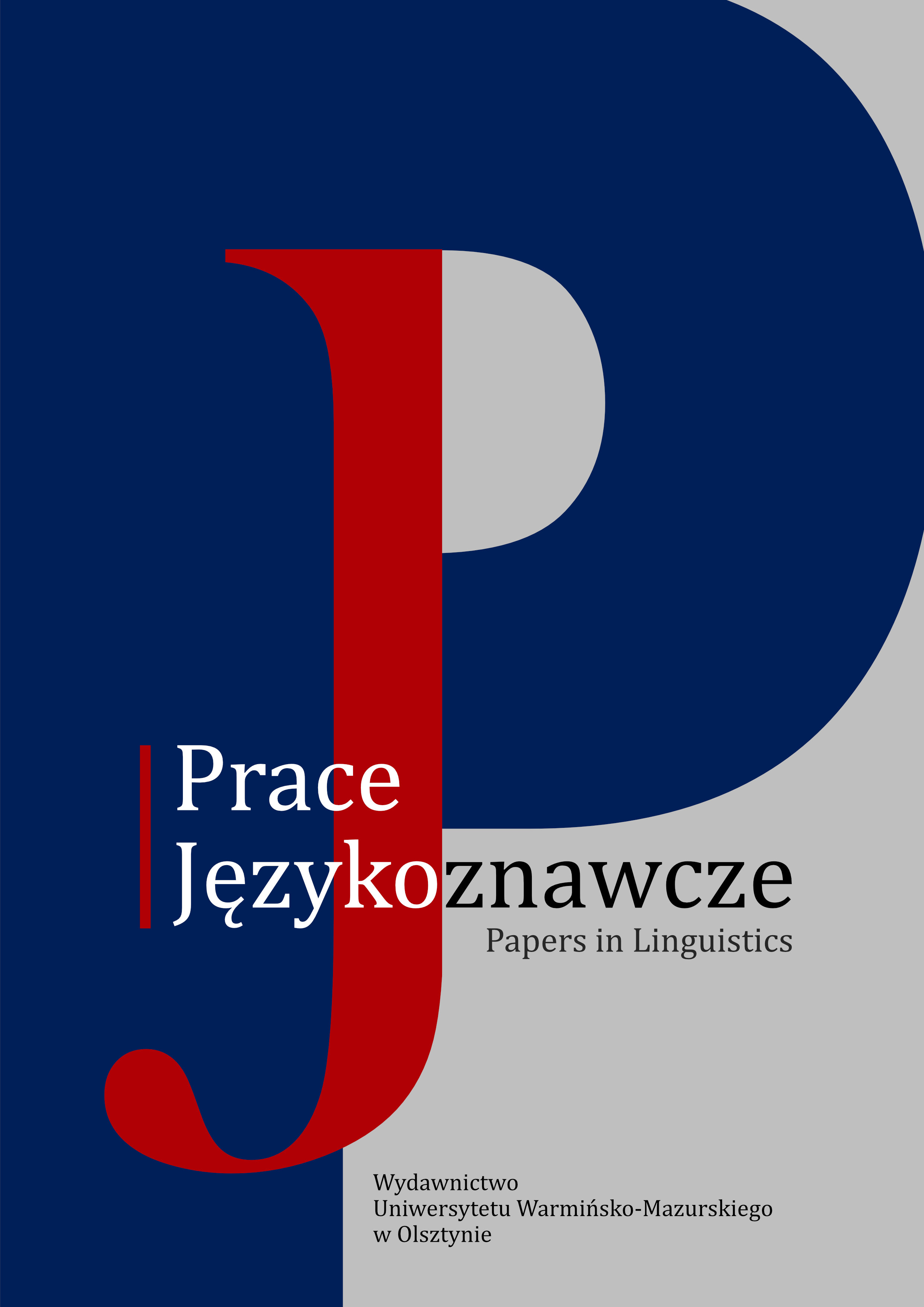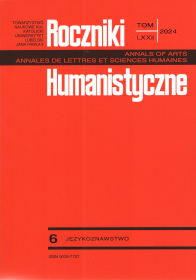Author(s): David Finbar Brett,Antonio Pinna,Barbara Loranc / Language(s): English
Issue: 41/2023
Using a corpus-driven approach, this paper will address an important aspect of formulaicity in travel journalism, an under-researched genre that has hitherto received scarce attention on the part of academics in general and linguists in particular. In order to compile three 1-million-word comparable corpora, travel articles were downloaded from the online versions of the Guardian, La Repubblica, and Gazeta, to constitute representative samples of the genre in English, Italian and Polish. The texts were annotated for part-of-speech and lemma using TreeTagger. Collocate pairs were then extracted from the annotated data using tailor-made Perl scripts. Subsequently a dispersion filter of presence in at least 20 different texts was applied. The resulting collocate pairs were placed into thematic groups, including: ACCOMMODATION, FOOD, NATURE, SPORT, CULTURE+HISTORY, PEOPLE, PLACE, TRANSPORT, LOGISTICS, PRICE, ACTIVITY, EVALUATION, ROUTE, BUSINESS and TIME. The first five categories were subjected to further analysis, and it emerged that there were notable differences in their relative proportions between the three languages. The results show a number of collocations that could be identified amongst the collocate pairs in the three languages.
More...
